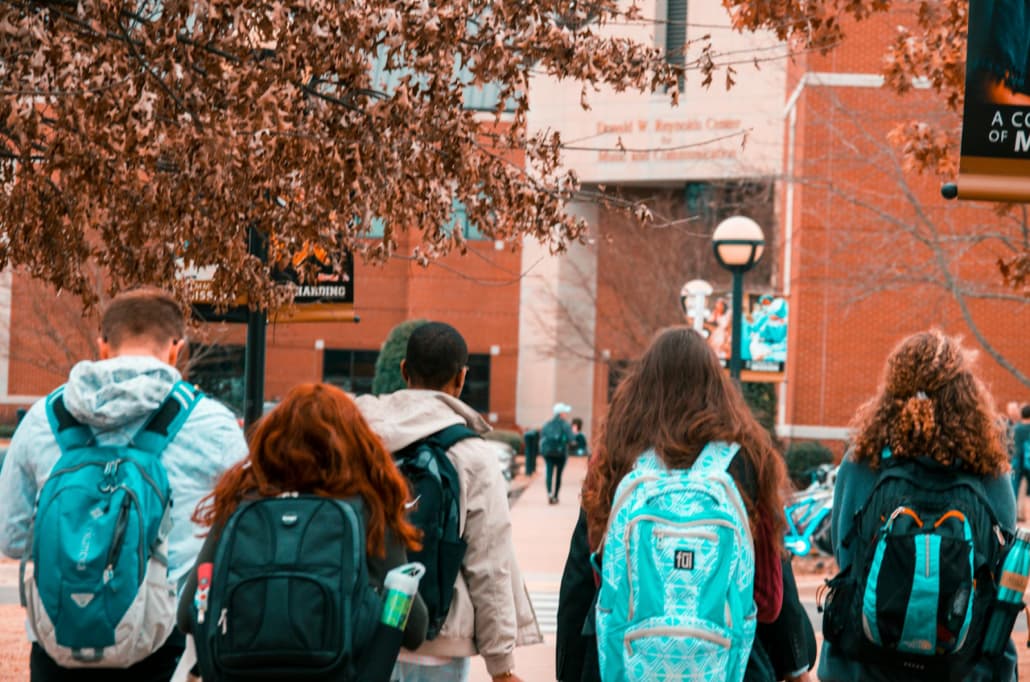Education is often measured in terms of curriculum, standardized tests, and academic achievement. However, beneath these visible outcomes lies a more subtle yet powerful factor: the relationship between teachers and students. The quality of this relationship has been shown to strongly influence not only students’ academic performance but also their motivation, social development, and emotional well-being. Teacher-student relationships act as a cornerstone of effective education, shaping the environment in which learning occurs. Understanding their impact allows educators to foster classrooms where students feel supported, valued, and motivated to succeed.
The Importance of Human Connection in Education
At its heart, education is a human interaction. Teachers do not simply deliver content; they inspire, encourage, and guide learners. A positive relationship between teacher and student creates trust, which opens the door to engagement and persistence in learning. Research has consistently shown that students who feel connected to their teachers are more likely to attend school regularly, demonstrate greater effort in their studies, and exhibit higher levels of academic achievement.
The human connection in education is especially crucial in early years, where children often rely on teachers as role models outside the home. For younger students, a supportive teacher can foster a sense of belonging and security that directly enhances cognitive and emotional development. In adolescence, when students are more sensitive to peer pressure and self-identity, teacher support can buffer stress and encourage resilience.
Academic Outcomes and Teacher Support
Positive teacher-student relationships correlate strongly with academic success. When students perceive their teachers as approachable, respectful, and encouraging, they are more likely to participate actively in class discussions, seek help when needed, and take intellectual risks. Conversely, poor relationships—characterized by indifference, hostility, or lack of support—can discourage students from engaging, leading to lower performance and reduced motivation.
For example, in mathematics and science classes, students often face complex problem-solving tasks that require persistence. A teacher who provides encouragement and reassurance can help students overcome frustration and maintain effort. Educational psychology highlights that feedback from trusted teachers is more effective in promoting learning than feedback from distant or disconnected instructors. Trust enhances the credibility of guidance, making students more receptive to correction and growth.
Motivation, Self-Esteem, and Classroom Climate
Teacher-student relationships also shape students’ internal motivation and self-esteem. A supportive teacher communicates the belief that students are capable and worthy of success, which enhances their self-efficacy. According to self-determination theory, motivation thrives when learners feel competence, autonomy, and relatedness. Teachers who show genuine interest in their students’ progress contribute directly to these needs, thereby promoting intrinsic motivation.
Furthermore, positive teacher-student relationships contribute to a healthy classroom climate. When students feel respected and cared for, classrooms become spaces of cooperation rather than competition. Such environments reduce disruptive behavior, increase collaboration, and foster a sense of community. Students in supportive classrooms are more likely to engage in prosocial behaviors, which further enhance the learning environment for everyone.
Emotional and Social Development
Beyond academic outcomes, teacher-student relationships significantly influence emotional and social development. Students who experience warm, supportive relationships with teachers often show reduced levels of anxiety, depression, and behavioral problems. Teachers can provide stability for students who face challenges at home, offering encouragement and understanding that foster resilience.
Moreover, positive relationships help students develop essential social skills. Teachers model empathy, conflict resolution, and communication, which students in turn practice in peer interactions. For example, a teacher who handles conflicts calmly and respectfully provides a blueprint for students to do the same. These social-emotional skills are invaluable, not only in academic contexts but also in future workplaces and personal relationships.
Long-Term Effects of Teacher-Student Relationships
The influence of teacher-student relationships extends far beyond immediate classroom outcomes. Studies suggest that students who build strong connections with their teachers are more likely to pursue higher education and career aspirations. They often carry forward the self-confidence, motivation, and resilience fostered by supportive relationships.
On the other hand, negative experiences can leave lasting marks. Students who feel ignored, disrespected, or undervalued may develop disengagement with school, which can lead to higher dropout rates. This underlines the responsibility teachers carry not only as instructors but also as mentors shaping the long-term trajectories of their students.
Strategies to Strengthen Teacher-Student Relationships
Educational psychology and practice offer several strategies to build strong teacher-student relationships:
- Active Listening: Teachers should listen attentively to students’ questions, concerns, and opinions, validating their perspectives.
- Consistent Support: Offering encouragement, constructive feedback, and patience shows students that teachers believe in their potential.
- Respect and Fairness: Treating all students equitably, without favoritism, fosters trust and inclusivity.
- Personalized Interaction: Learning about students’ interests, strengths, and challenges helps teachers tailor instruction and build rapport.
- Positive Classroom Management: Using encouragement rather than punishment to guide behavior strengthens mutual respect and cooperation.
Implementing these practices helps create an environment where students feel safe to learn, make mistakes, and grow.
Conclusion
The impact of teacher-student relationships on educational outcomes cannot be overstated. They are not peripheral to learning but central to it. Positive relationships foster academic achievement, motivation, self-esteem, social skills, and emotional well-being, while negative relationships can hinder progress and disengage students. Teachers who invest in building strong connections with their students are not only improving classroom performance but also shaping lives in meaningful and lasting ways.
Education is ultimately a relational process. By prioritizing trust, respect, and support in teacher-student relationships, schools can cultivate environments where every learner has the opportunity to succeed.
